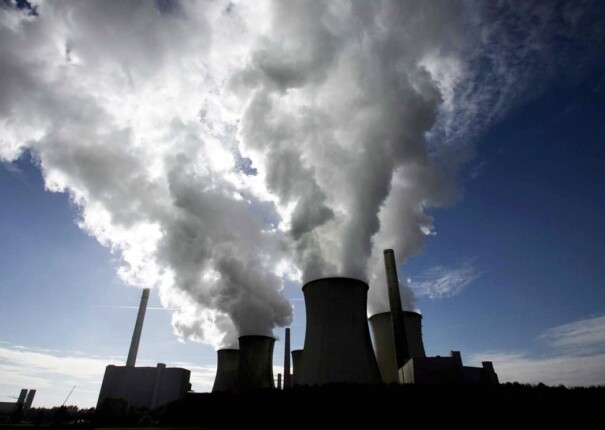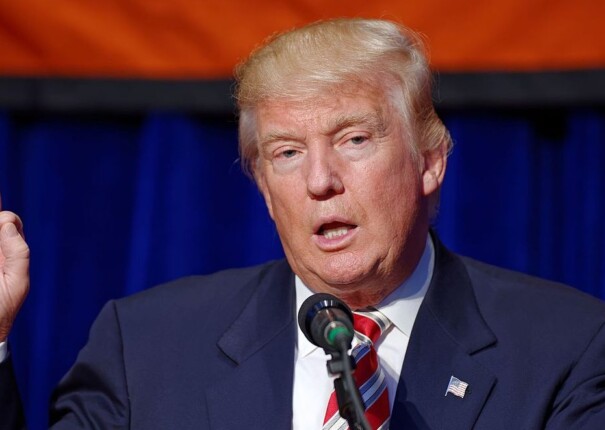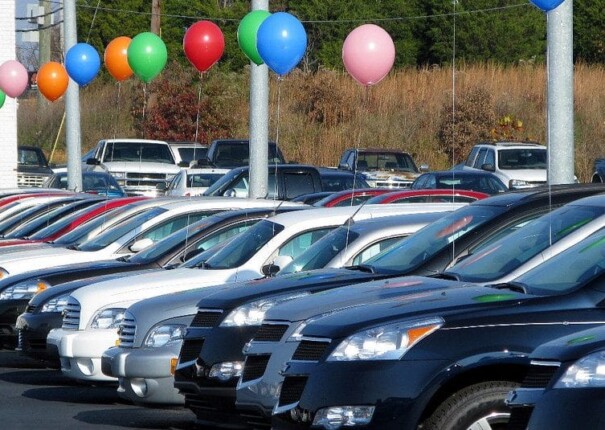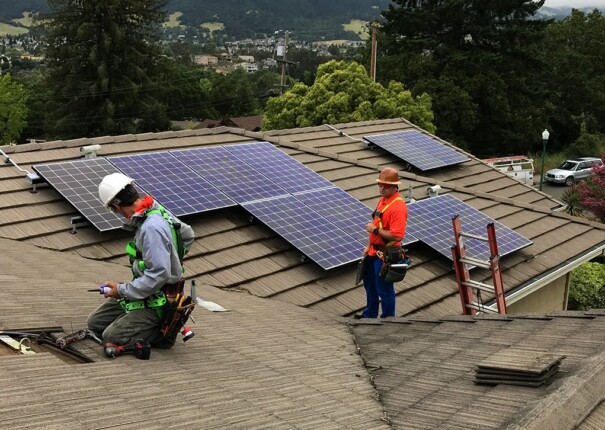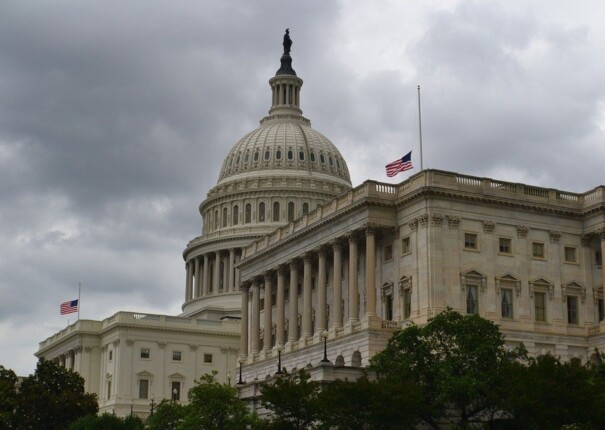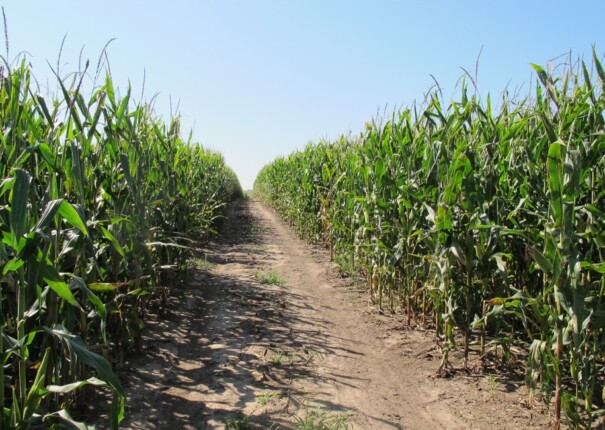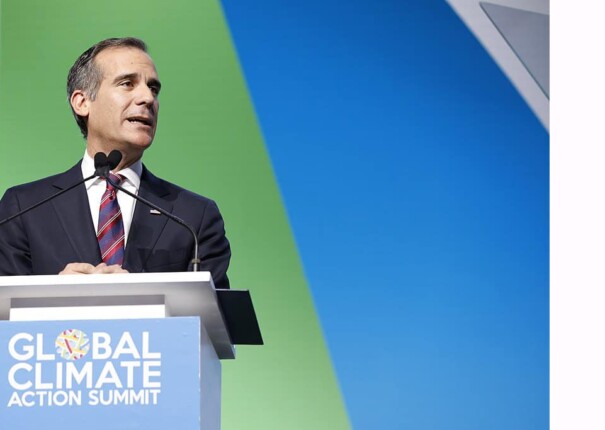States standing strong on clean energy commitments amid COVID-19 pandemic
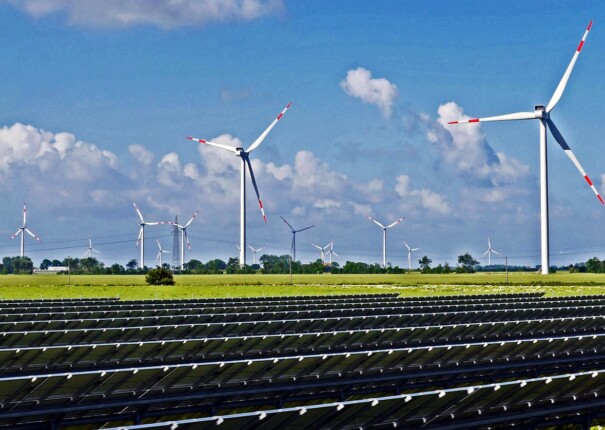
By Sam Kozel, Greentech Media Highlights States are accelerating clean energy policies in efforts to secure economic stability during and after the COVID-19 pandemic. A majority of states have also put in place moratoriums on service disconnections and power shutoffs as many people face unemployment and may not be able to pay bills. This also … Read more

